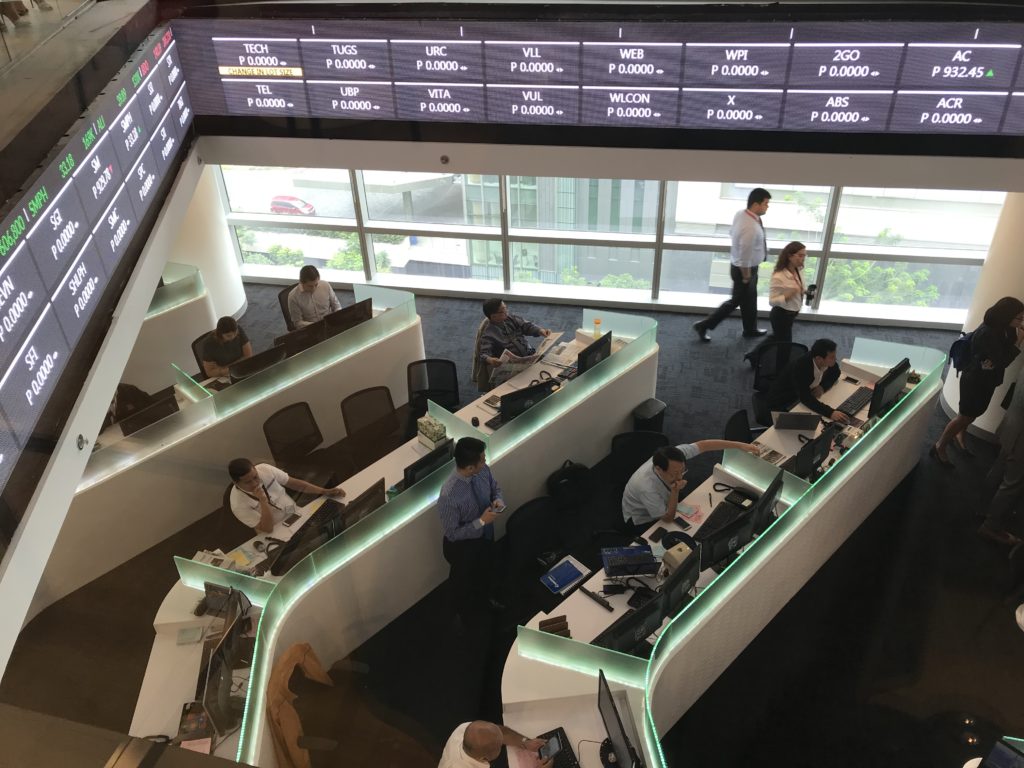PSE suffered 5.8% drop in 2019 bottom line

A string of global and domestic headwinds curbed listing and trading activities at the Philippine Stock Exchange (PSE) in 2019, gnawing on the profitability of the local bourse.
The PSE saw a 5.8-percent decline in its net profit to P684.77 million last year, based on the exchange’s disclosure of full-year results.
Revenues declined by 19 percent to P1.29 billion last year, weighed down by operating income, which fell by 32 percent to P565.94 million.
On the other hand, other income more than doubled to P310.77 million from P148.34 million in the previous year on higher interest income, equity in net income of an associate and mark-to-market gains.
To recall, equity deals in the PSE reached only P95.22 billion in 2019, less than half the amount of fresh capital raised in the previous year, as foreign funds flowed out due to a mix of global headwinds and domestic woes. The PSE was originally targeting to see about P200 billion worth of capital-raising activities in the form of initial public offerings (IPOs), private placements, follow-on offerings and stock rights offerings.
There were four companies that joined the PSE’s roster in 2019, namely: leading coconut product exporter Axelum Resources Corp., home improvement retailer All Home Corp., leading multi-brand kiosk operator Fruitas Holdings Inc. and Kepwealth Property Philippines Inc.Electronics manufacturer Cal-Comp Technology (Philippines) wanted to revive its IPO plan but this was again deferred due to unfavorable market conditions.
While the local stock barometer PSE index gained a modest 4.7 percent for the year to close at 7,815.26 points, there was an exodus of foreign funds, especially in December when President Duterte ranted against water concessionaires Maynilad Water Services Inc. and Manila Water Co. Inc.
For the full year, the market registered P14.5 billion worth of net foreign selling versus the P61.01 billion net foreign selling in 2018.
Throughout the year, the stock market grappled with US-China trade war tension, local economic setbacks caused by the delay in the national budget and heightened regulatory risks arising from the water concession issue.